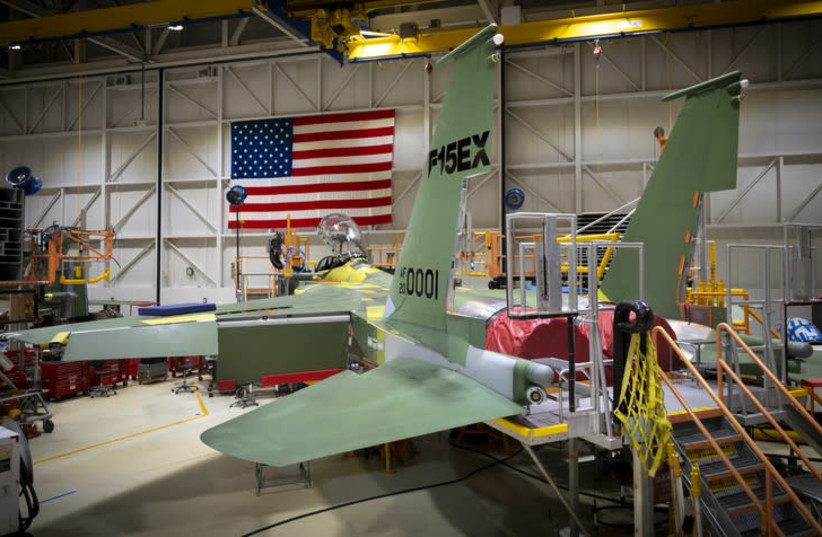Ted Colbert, Boeing VP and CEO of Boeing Defense, Space & Security, told military reporters that his visit to Israel will help to make “sure that it is absolutely, positively clear that we remain committed to serving Israel. This is expressed through two big programs we have right now which we are working on – the F-15IA and the KC-46.”
The F-15IA is called the F-15EX in the US and is designated to replace Israel’s old F-15I which has been used for around 50 years.
Reason for the replace
“We believe those represent the capability of the long arm of Israel for its key missions today and into the future. We are expressing how Boeing can continue to move forward,” to best support Israel’s attack and defense capabilities.
Colbert said, “we are using the latest software and engineering techniques to take a brand that existed for 50 years [the old F-15I Israel currently uses], and take it to the next level using open architecture, payload and range.”
After Israel’s government stalled for years in moving forward the process for its order of 25 F-15IAs, with an option for another 25 at some later date, Jerusalem recently started to push forward again.

Questioned about when the F-25s will arrive, Colbert said, “We are working very closely with the US government, working with the Israeli government to deliver the capabilities as fast as we can. But it’s not my decision how that works. Our team is working very hard in factories to meet all the commitments we,” have agreed to.
Colbert was asked how the F-15IA could cope with Iran’s S-300 anti aircraft missile system and the S-400 anti aircraft missile system, if the Islamic Republic ever acquires it, given claims that Lockheed Martin’s F-45 aircraft can outmaneuver those systems.
He answered, from an “air dominance perspective, it has the ability to carry out” any mission it would be required for, while not specifically addressing the S-300 or S-400 scenarios.
Boeing President for Business Development Heidi Grant added, “it is not a matter of either or, you have to have a mix of fighters to have the competitive edge Israel needs.”
Military strategists guessing how a potential Israeli strike against Iran’s nuclear program would look often suggest that the F-35 might go in first to remove the anti-aircraft missile system threat, but then that the F-15 aircraft (old or new) would do most of the actual striking targets since it can carry far more weaponry than a typical F-35.
Besides the F-15IA, the KC-46 refueling aircraft, important for a potential long-range attack, for example on Iran, was also a big focus of Colbert’s talk.
Previously, Boeing said that the delivery of four KC-46s to Israel was estimated to be in 2025.
